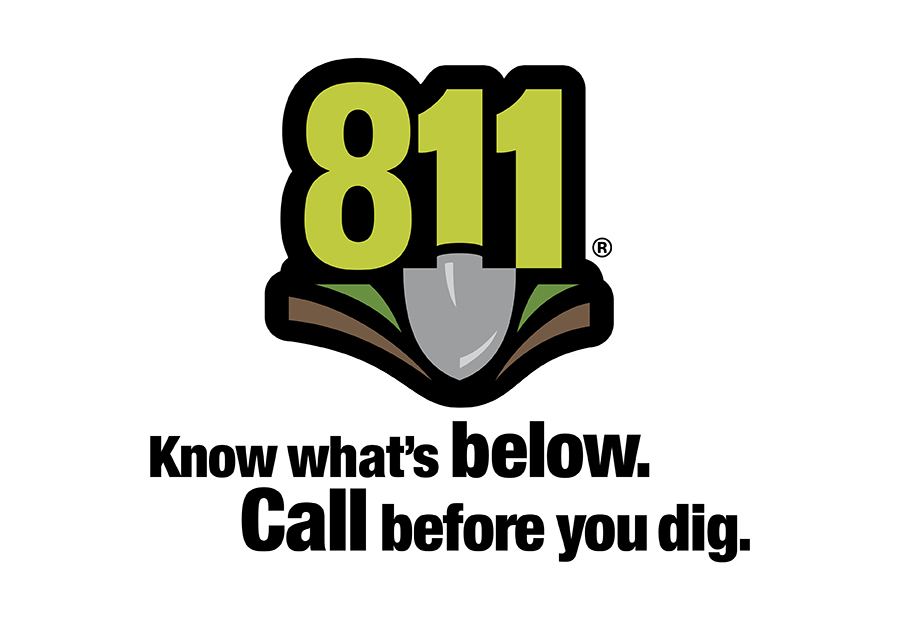The Importance of "Call Before You Dig": Protecting Yourself and Underground Infrastructure

Before beginning any large or small digging project, you should consider the underground infrastructure that may lie beneath the surface. Excavating without first identifying and marking underground utilities poses significant risks.
According to SC811.com, every six minutes an underground utility line is damaged because someone didn’t call to locate underground facilities. That could put you – and your wallet – at risk. Instead, make an easy phone call to 811 before you dig.
“Call Before You Dig” Process
- Contact SC811: Before beginning any excavation project, you must contact SC811, the state’s One Call center. You can reach SC811 by dialing 811 or submitting a request online at www.SC811.com.
- Provide Project Information: When contacting SC811 you will need to provide detailed information about your project. This typically includes:
-
- Your contact information (name, phone number, email address)
- The location you plan to dig, including the street address, nearest intersection, or GPS coordinates.
- The type and scope of the work you plan to undertake.
- The anticipated start date of the project.
- Waiting for Utility Response: After receiving your request, SC811 will notify the relevant utility companies and agencies responsible for underground infrastructure in the area you plan to dig. They will then dispatch personnel to the site to mark the location of underground utilities.
- Utility Marking Colors: Utility markings in South Carolina typically follow the color codes established by the American Public Works Association (APWA). While these colors may vary slightly depending on the region, they generally include:
-
- Red: Electric power lines, cables, conduit, and lighting cables.
- Yellow: Gas, oil, steam, petroleum, or gaseous materials.
- Orange: Communication, alarm, signal lines, cables, or conduit.
- Blue: Potable water.
- Green: Sewer and drain lines.
- Purple: Reclaimed water, irrigation, and slurry lines.
- Reviewing and Respecting Markings: Once the utility markings are in place, it's crucial to review them carefully before beginning any excavation work. Take note of the location and depth of each marked utility line and plan your digging activities accordingly. Always maintain a safe distance from marked utilities to avoid accidental damage.
- Safe Excavation: With the utility lines properly marked, you can proceed safely and confidently with your project. Be sure to follow all relevant safety guidelines and regulations.
- Reporting Damages or Emergencies: In the event of accidental damage to underground utilities, stop work immediately and notify the utility company and relevant authorities. Prompt reporting of damage is essential to ensure timely repairs and minimize the risk of further incidents.
"Call Before You Dig" isn't just a precautionary measure; it's a fundamental safety practice that protects lives, property and essential infrastructure. By taking the time to notify utility providers before excavating, individuals and organizations can prevent accidents, minimize disruptions, and contribute to a safer community.
